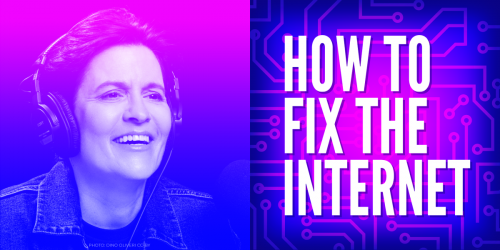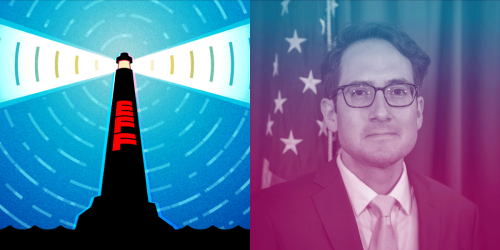With a new year and a new Congress, the House of Representatives’ subcommittee covering antitrust has turned its attention to “reviving competition.” On Thursday, the first in a series of hearings was held, focusing on how to help small businesses challenge Big Tech. One very good idea kept coming up, backed by both parties. And it is one EFF also considers essential: interoperability.
This was the first hearing since the House Judiciary Committee issued its antitrust report from its investigation into the business practices of Big Tech companies. This week’s hearing was exclusively focused on how to re-enable small businesses to disrupt the dominance of Big Tech. A critical aspect of the Internet EFF calls the life cycle of competition has vanished from the Internet as small new entrants no longer seek (nor could even if they tried) to displace well-established giants, but rather seek to be acquired by them.
Strong Bipartisan Support for Interoperability
Across the committee Members of Congress appeared to agree that some means of requiring Big Tech to grant access to competitors through interoperability will be an essential piece of the competition puzzle. The need is straightforward, the larger these networks became, the more their value rose, making it harder for a new business to enter into direct competition. One expert witness, Public Knowledge’s Competition Policy Director Charlotte Slaiman, noted that these “network effects” meant that one company with double the network size as a competitor wasn’t twice as attractive, it was exponentially more attractive to users.
But even in cases where you have large competitors with sizeable networks, Big Tech companies are using their dominance in other markets as a means to push out existing competitors. One of the most powerful testimonies in favor of interoperability provided to Congress was by the CEO of Mapbox, Eric Gunderson who detailed how Google is leveraging its dominance in search to exert dominance in Google Maps. Specifically, Google through a colorful trademark “brand confusion” contract term requires developers who wish to use Google Search to only integrate their products with Google Maps. Mr. Gunderson made clear that this tying of products that really do not need to be tied together at all is not only foreclosing on market opportunities for Mapbox, but it is also forcing their existing clients to abandon doing anything that doesn’t use Google Maps outright.
The solution to this type of corporate incumbent anticompetitive behavior is not revolutionary and has deep roots in tech history. As Ranking Member Ken Buck (R-CO) stated, “interoperability is a time-honored practice in the tech industry that allows competing technologies to speak to one another so that consumers can make a choice without being locked into any one technology.” We at EFF have long agreed that interoperability will be essential to reopening the Internet market to vibrant competition and recently published a white paper laying out in detail how we can get to a more competitive future. Seeing growing consensus from Congress is encouraging, but doing it right will require careful calibration in policy.













